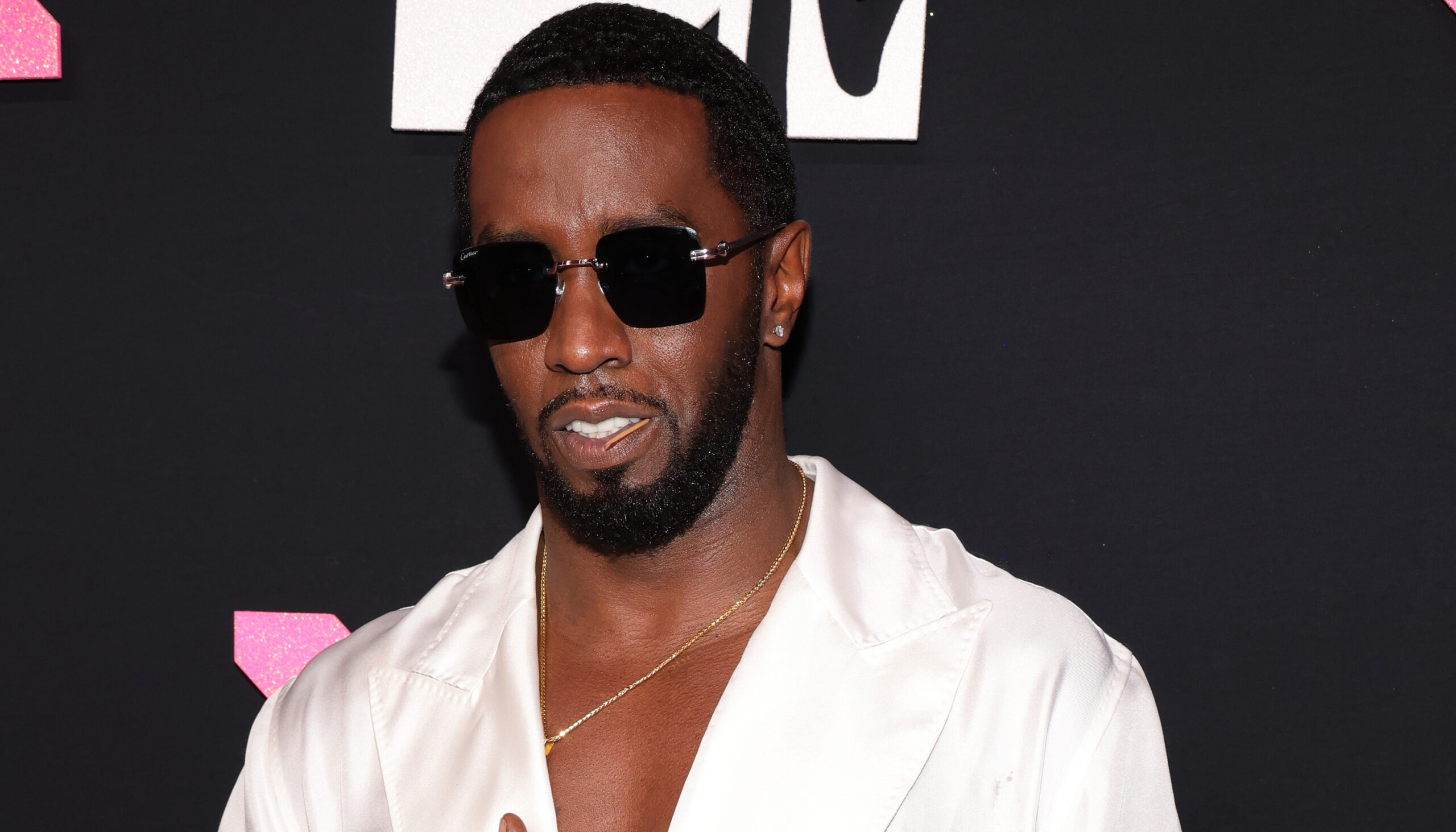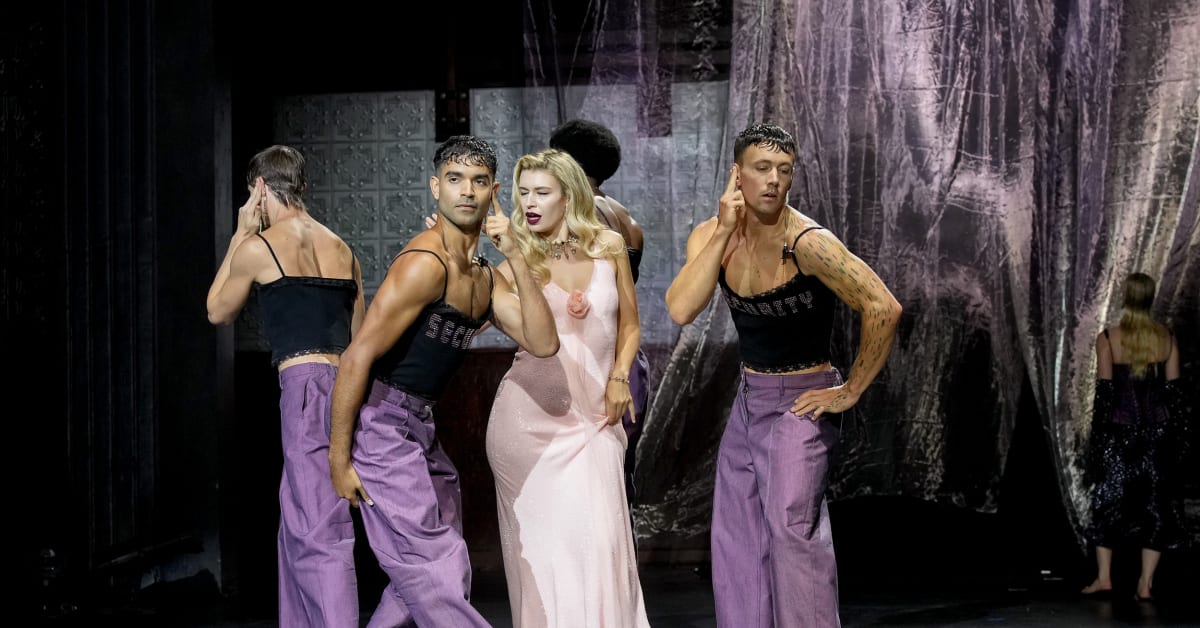Asexualität ist so viel mehr als „keine Lust auf Sex“
Asexualität ist nicht nur keine Lust auf Sex.
Brianna always felt the need to overcompensate for not experiencing sexual desire. Until her early twenties, the supermarket manager pretended in conversations with her friends to find the same people attractive and to have a desire for sex with them. In 2012, she heard about asexuality for the first time – the umbrella term for sexual orientations where little or no sexual attraction is felt. After asking for help in interpreting her feelings on a forum called Gaia Online, a new chapter in her life began.
“Suddenly, I thought to myself, ‘Oh my God, they are all just like me here!’ After that, I spent a whole week researching. It was the best thing I had ever learned about myself: that there was nothing ‘wrong’ with me,” says Brianna, now 31 years old. “It made me incredibly happy to know that it is normal and that there are other people who can understand my feelings.”
In Angela Chen’s book “Ace: What Asexuality Reveals About Desire, Society, and the Meaning of Sex” from 2020, the author Julie Sondra Decker, who was interviewed by Chen for the book, compares the definition of asexuality to that of a person who has no fun in crafting. Her example: Someone who enjoys crafting might be called a “crafter” – but someone who does not share this passion would never think of calling themselves a “non-crafter”. “We are complete people who simply lack this ‘drive’,” explains Decker in the interview with Chen. “This is just as understandable as someone who does not perceive ‘crafting’ as a personal drive.” In her example, it is not important for the “non-crafters” to identify themselves as such – and yet asexual people are defined in relation to something they do not feel: sexual attraction.
But how can asexuality – and the associated process of self-discovery – be celebrated for what it is, and not as something it is not?
- Shakira im Laufe der Jahre Ein Blick auf ihre Top 5 Looks
- Warum hat Ariana Grande aufgehört, Filler und Botox zu benutzen?
- Das Produkt hinter Sabrina Carpenters perfekt geröteten Wangen bei ...
The joy of being asexual, which can accompany the realization that one is ace (the abbreviation for various asexual identities), varies from person to person. For example, Marshall Blount, a 30-year-old ace activist, expresses his joy through baking cakes and pies, which he then posts. (Cake is a widely recognized symbol in the online ace community – because dessert is, according to them, better than sex.)
Javay Fraser (25), on the other hand, is most excited about welcoming other aces at public events in the community: “I love encouraging someone who hasn’t fully understood their own asexuality yet. It’s like saying, ‘Hey, come here, join us. This is your family, your home. Make yourself comfortable.'”
For many, it is an eye-opening experience to transfer this community and ace mentality to other areas of life – such as gender, romantic relationships, and friendships.
“Discovering your asexuality can be incredibly liberating because it shows you that you are not ‘broken’,” explains Assistant Professor Canton Winer from Northern Illinois University, who researches asexuality. “You realize that there are other people who experience something similar to you. And you can perceive this as something positive – instead of something that is lacking.”
This kind of mindset is also at the center of the book “Sounds Fake but Okay: An Asexual and Aromantic Perspective on Love, Relationships, Sex, and Pretty Much Anything Else” from 2023. The authors Sarah Costello and Kayla Kaszyca, both on the ace spectrum, also have a podcast of the same name. In the book, Costello shares that her coming out as aromantic and asexual changed her perspective on her desires and needs after her first year of study.
“I was able to free myself from the mindset of ‘You have to do X and Y now because it is expected of you’,” says 25-year-old Costello. “From this ‘You get married. You have children. You buy a house.’ I came to the realization: ‘Okay, I can do all of this if I want to. But I don’t have to. I also have other options.'”
Many believe that accepting one’s own asexual identity can also lead to stronger relationships. Jessica Hille, the deputy director for education at the Kinsey Institute, which deals with ace-spectrum identities, explains: “My friends are some of the most important people in my life, and we know and support each other in a very intimate way – just without sex.”
In Hille’s words, 25-year-old journalist Mariana da Costa also recognizes herself. She felt asexual joy when she realized that she feels complete – just the way she is. “I realized that I am just like this. I can’t change that. But then I thought to myself: ‘Oh, wait – maybe I don’t even want to change that!'” she says. “I don’t need a partner. I don’t have to feel attracted to someone to be fulfilled.” Getting to know herself better in this way has also brought her new friendships. A man she came out to at a party (after he had briefly flirted with her) is now her best friend.
Costello feels similarly. She is aromantic and not interested in romantic or sexual relationships, prioritizing friendships and family bonds in her life. Not only has she gained important insights from this, but also her environment, she says. Winer believes that this focus can indeed benefit all of us.
“This can lead to much more resilient communities. Instead of relying on a single person in so many different areas – the one with whom you have a sexual or romantic relationship – you have a whole network of people who help you in diverse ways,” says Winer. “In my opinion, this is a much stronger bond than that of a monogamous, traditional relationship or marriage.”
Sometimes asexual joy simply arises from having more free time. 30-year-old Maximilian Ximenez says it has changed his life to let go of the expectation of going out and having sex. “I have more time,” he says. “As soon as I started identifying as asexual, my calendar suddenly became much emptier. Ace joy, for me, means being able to sleep until 10 AM.”
Brianna also says she now has more time and energy to focus on hobbies since she realized that she doesn’t need a relationship to be happy. Sometimes she still reads posts on subreddits like r/relationships, which usually end with the question of whether the author should end their own relationship.
“When I read something like that, I just think to myself: ‘Ah, thank goodness I don’t have to worry about that,'” she says. “Whenever I meet someone new from the community, we share this little, nice moment like: ‘I can’t believe that other people think about sex all day long,’ or: ‘I can’t believe that others are so stressed about finding a relationship – and meanwhile, we just enjoy life.'”
Ace joy means so many different things: redefining relationships, sleeping in, cake. But at its core is a community of people who celebrate themselves as fulfilled – just the way they are.
Lust auf mehr? Lass dir die besten Storys von HotQueen Deutschland jede Woche in deinen Posteingang liefern. Melde dich hier für unseren Newsletter an!
Gefällt dir, was du siehst? Wie wäre es mit noch mehr HotQueen-Goodness, direkt hier?
Ich bin asexuell & werde zum Sex gedrängt
Wie sich reagierende & spontane Lust anfühlen
Ja, sinnliche können asexuelle Personen heiraten






